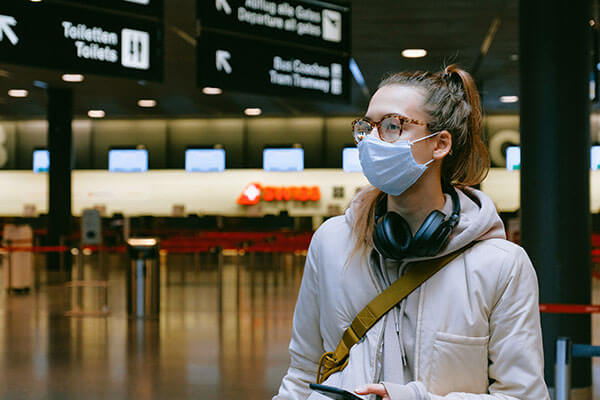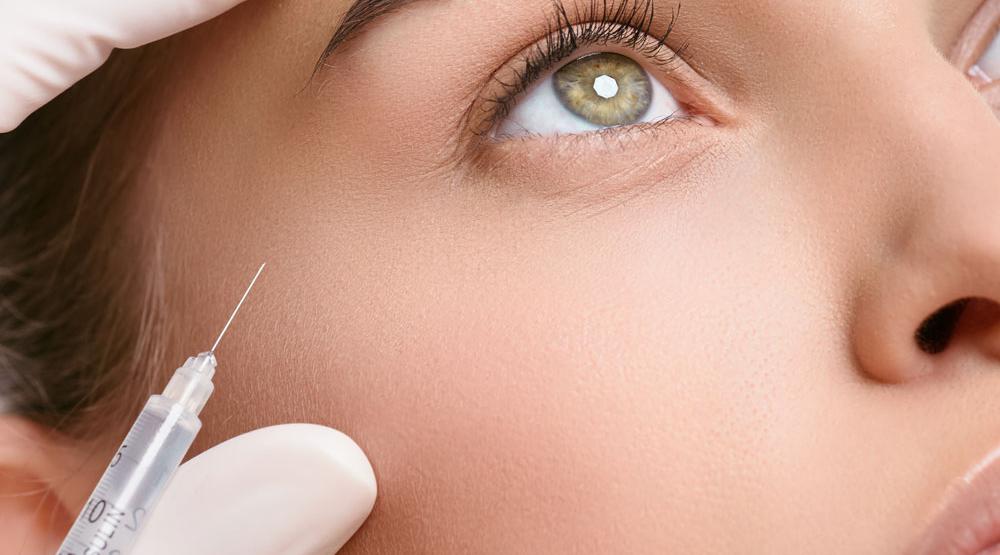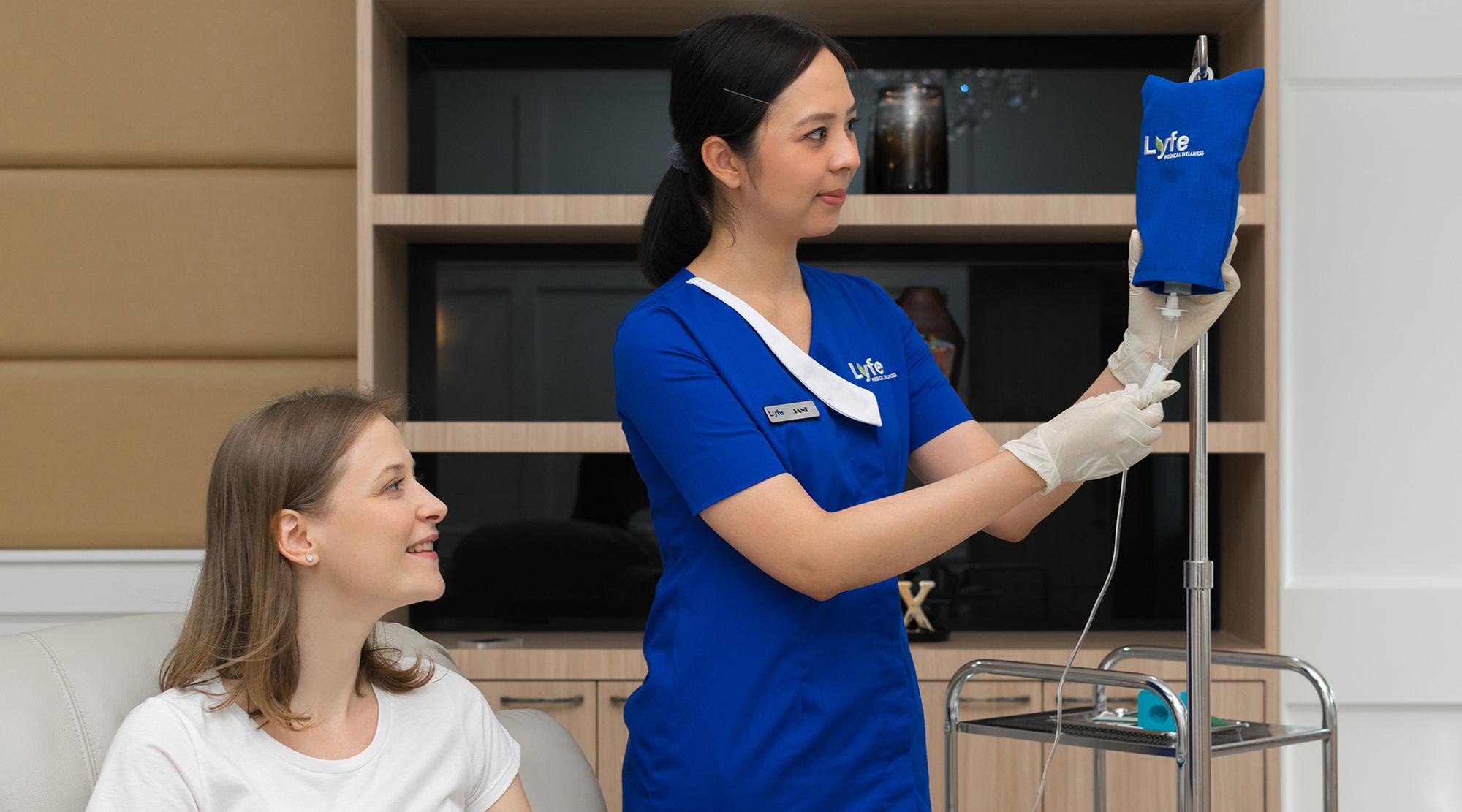
How to Protect Yourself While Traveling During Coronavirus Outbreak
Coronavirus or AKA CoVID-19, has caused a lot of damage to the world so far. The effect of this virus has been massive, and no sector is spared from it. Some of the major economies have got a severe blow, major airlines got affected, many people got affected, many life activities got hampered and in short, the whole worldly activities have come to a halt. All the major transport modes including sea, air, and road are affected and the numbers are increasing with each passing day. According to WHO statistics, 184,976 individuals have been confirmed, and out of those 7529 have died. The effect of this disease is widespread, and 159 countries have been affected so far. In the wake of this disaster, everyone must know the measures to be taken to keep oneself safe from this disease. The following are a few tips in this regard.
Knowing the signs and symptoms:
The symptoms of CoVID-19 include very high temperatures, a new continuous cough, and difficulty in breathing. Here, it becomes important to differentiate this disease from simple flu and other similar illnesses. The most important variable in this disease is contact history. Either a person traveled him/herself or encountered someone of similar symptoms would raise alarms of this disease. One can’t catch this disease just by staying home and taking preventive steps. Secondly, the Flu usually won’t cause any shortness of breath, unless it is advances level. If you are unsure about your symptoms, contact your local health authority or GP for further guidance
Traveling
Many countries are advising their citizens to avoid traveling to high-risk countries. Some of the countries, have even put a complete travel ban to avoid propagation of the disease. But still, if you are planning to travel any time soon, then you should get yourself screened for CoVID-19. Many shipping companies and airlines are making pre-travel health screening a mandatory requirement now to ensure the safety of passengers and crew alike. This screening will make sure that no one carries this virus onboard and transmit it to others while traveling, even though many airlines have racked up their cleaning criteria, and the HEPA filters in the aircraft ensure the cleaning of the virus, but still, prevention is better than cure.
Quarantine
If you have come from a high-risk area where the epidemic has broken already, exhibit any symptoms of the disease, get yourself checked at the arriving facility. Many governments are empirically quarantining people coming from high-risk areas. Even if you have no symptoms for the active disease, it should be observed as your loved ones can catch this virus and it can be lethal to them.
Age group
According to the WHO statistics mortality rate among 80 years and older population is 14.8% and in the 70-79 years group, it is 8.0%. The other age groups are at relatively lower risk than these two. Also, people without any pre-existing health condition had a mortality of 0.9% which is very low as compared to those with any comorbid conditions. The reason being the elderly population is more immunocompromised comparatively. The other at-risk groups include people with long term condition, pregnant, elderly, and immunocompromised
Mode of transmission
The disease is still under research and definite mode of transmission is yet to be confirmed. But according to WHO, most likely it spreads via droplets only. It does not get transmitted by food etc.
Hygiene
The best way of preventing this disease is to maintain good hygiene in general. Experts advise washing hands for 20 seconds with soap and water or using hand sanitizer if the soap is not available. The recommended hand sanitizer should contain 60-95% of alcohol content to ensure proper hand hygiene. Furthermore, the use of face mask, avoid touching your mouth, eyes, and nose with unwashed hands also stops the propagation of the disease. While sneezing and coughing it is advised to cover the mouth and nose to minimize the transmission
Social distancing
According to experts, maintaining 6 feet is effective to stop the transmission. Also, avoidance of handshaking, stopping social activities and mass gatherings, minimizing the usage of public transports will help people avoid catching this disease. It is also advised to avoid contacting people with symptoms of the disease (as mentioned above) altogether until they have recovered.
Complete medical check-up: If you are unsure of the symptoms, it is advisable to have complete health checkup done.
Build up immunity
As discussed earlier, this disease has higher mortality in the population who are old age due to lower immunity, so immune booster therapy plays a role in strengthening the body system. The immune booster therapy is advised for all those who are at risk of this disease and/or want to have better prevention as this disease mostly attacks the weakened.
NK cell therapy
This therapy is also quite helpful in giving the boost to the immune system henceforth making a human body more immune to the disease.
Vaccination: So far there have been no vaccines available for this disease. But since this disease affects the respiratory system, vaccines such as flu shots help prevent complications. Although this vaccine does not prevent CoVid-19, it is helpful for the respiratory system to fight against common flu.
Healthy eating
One more way to improve the body’s immune system is to eat a healthy and balanced diet. This will also help improve the immunity eventually the body’s ability to fight off the disease
Treatment: Since the outbreak of the disease, researchers and scientists have been trying hard to find a cure to the disease but to date, there haven’t been any successes. Now only supportive treatment followed by effective isolation is accepted as the mainstay of treatment as for now.




